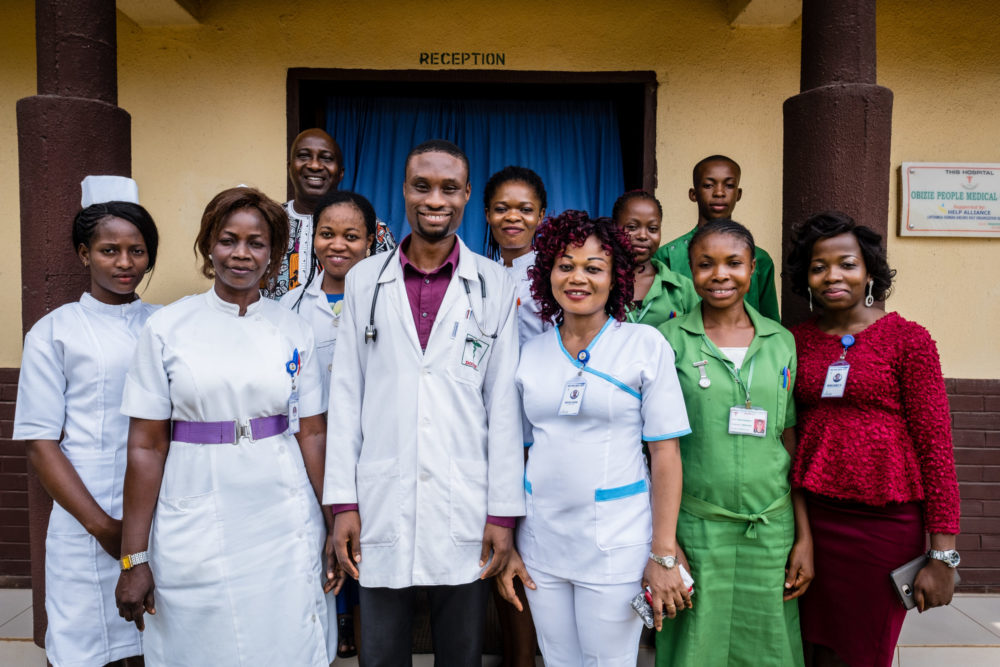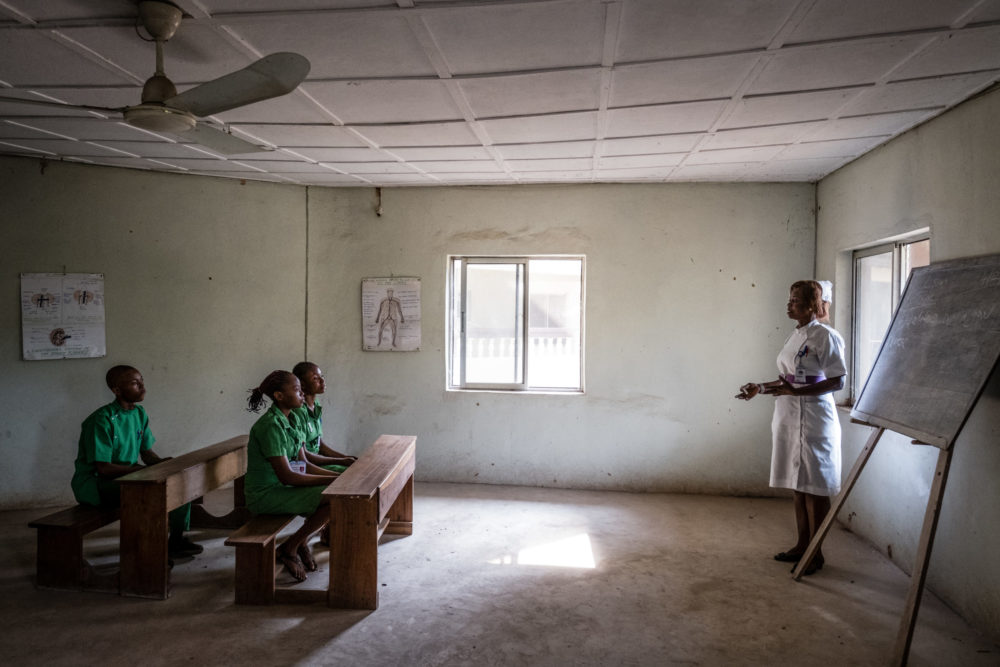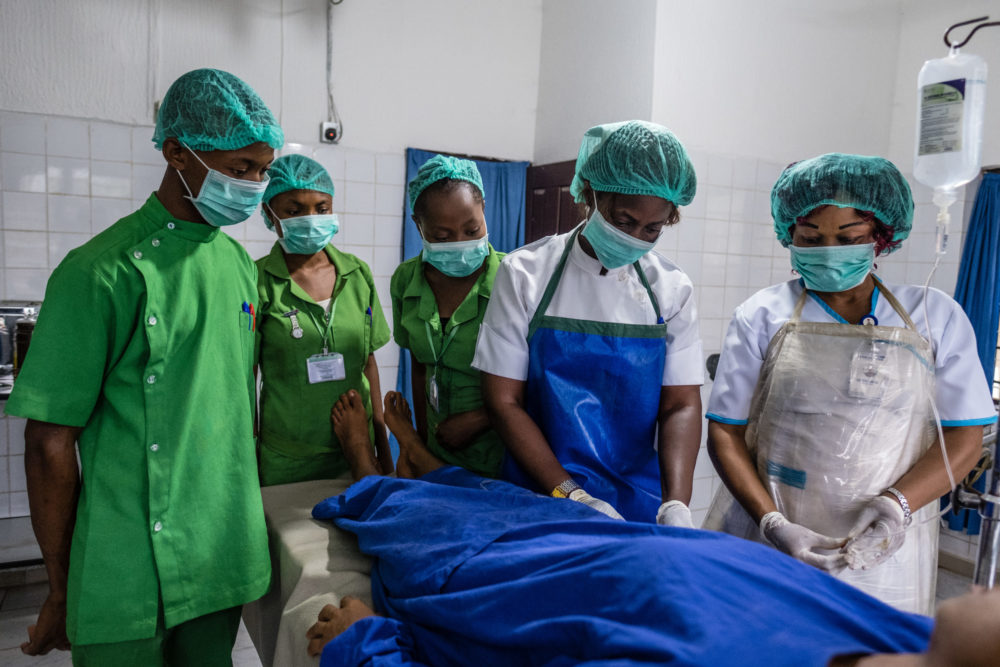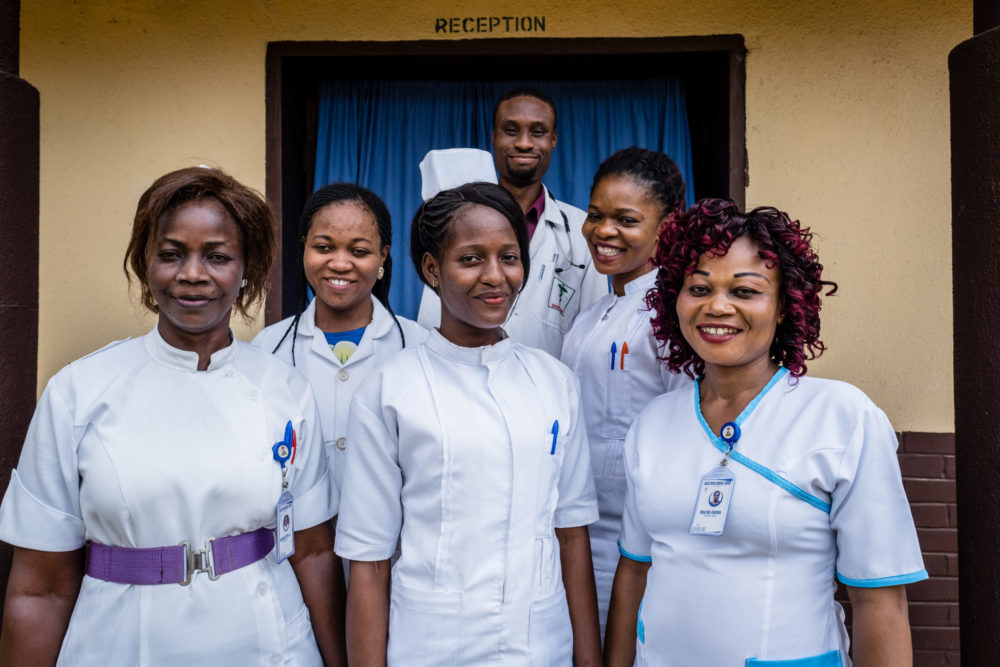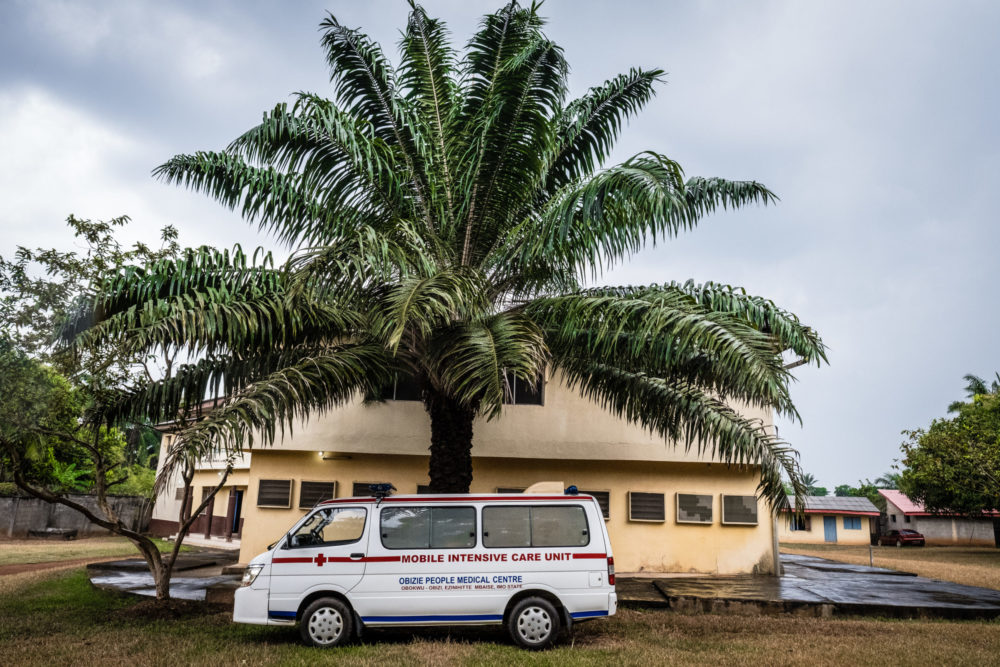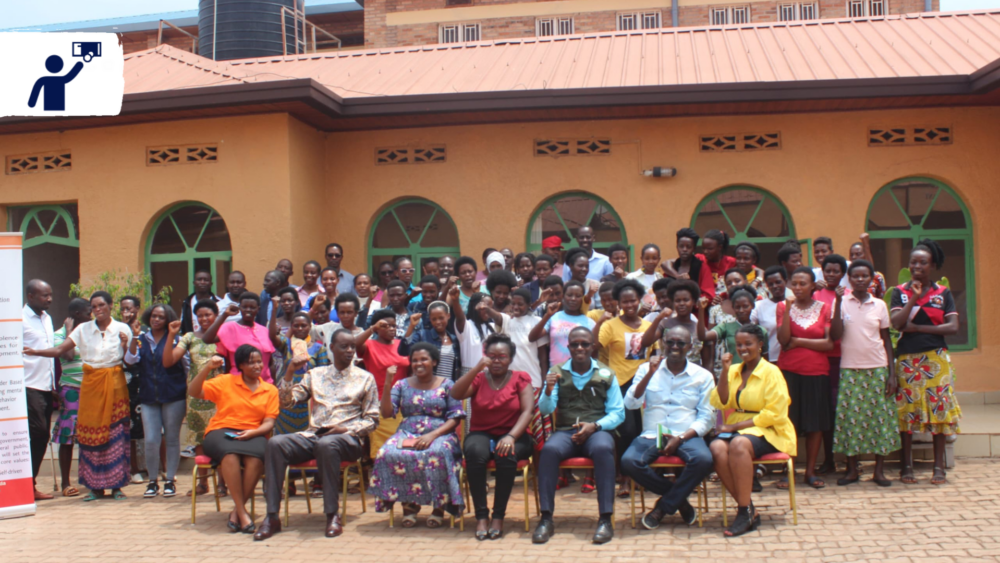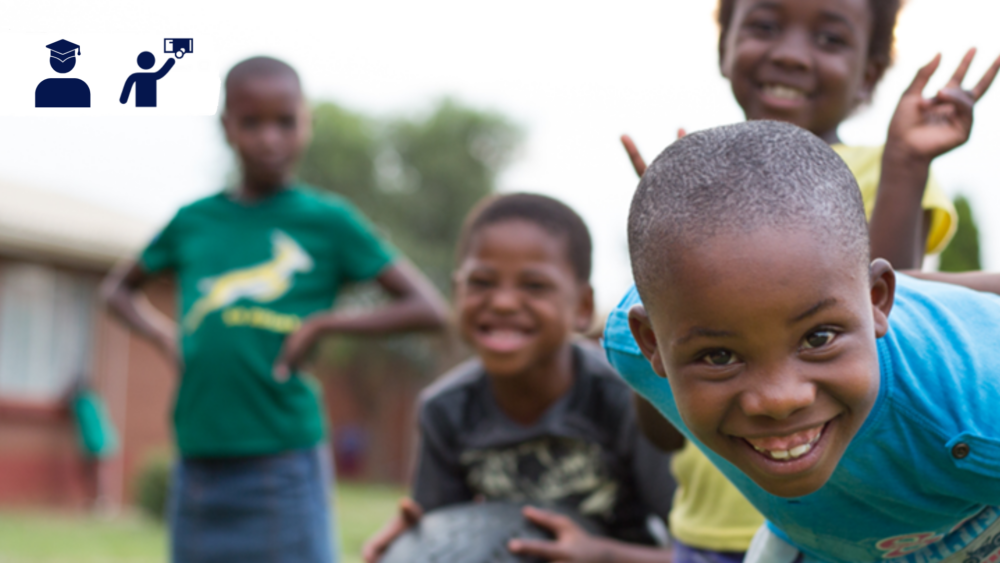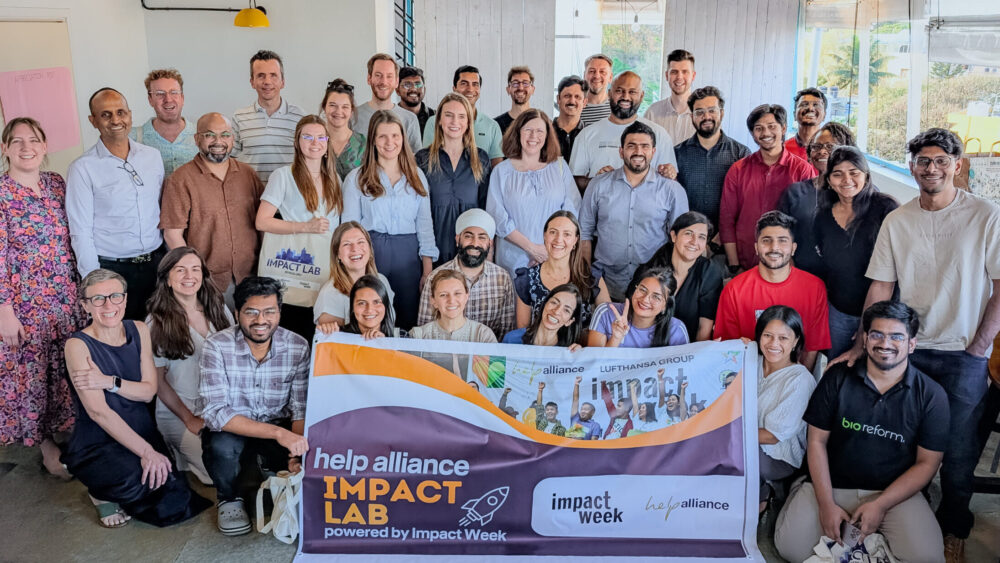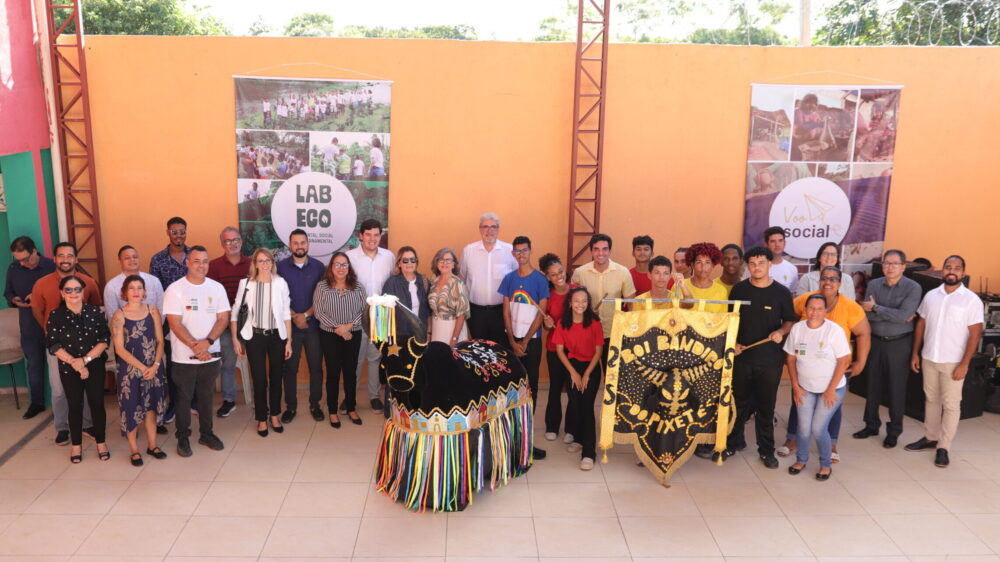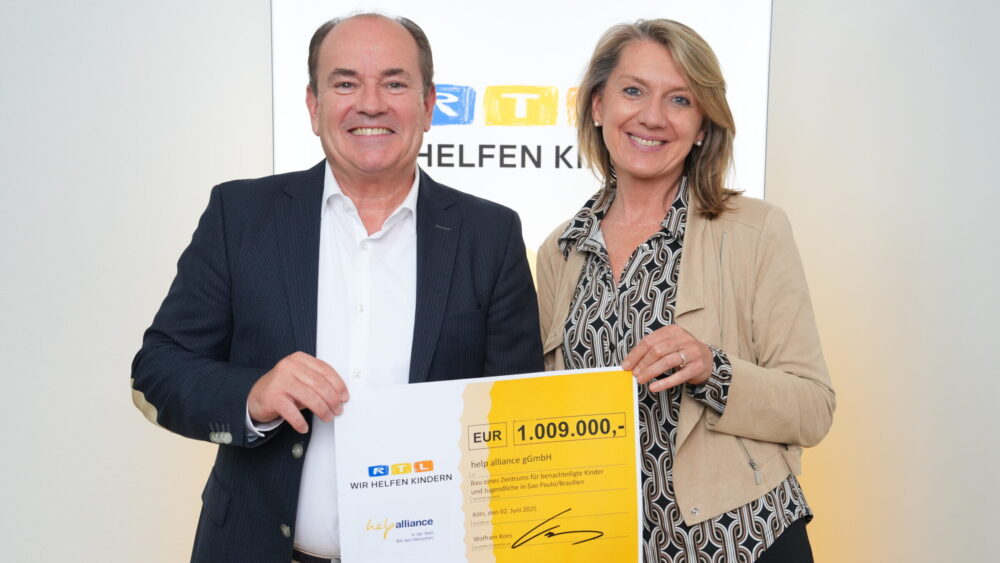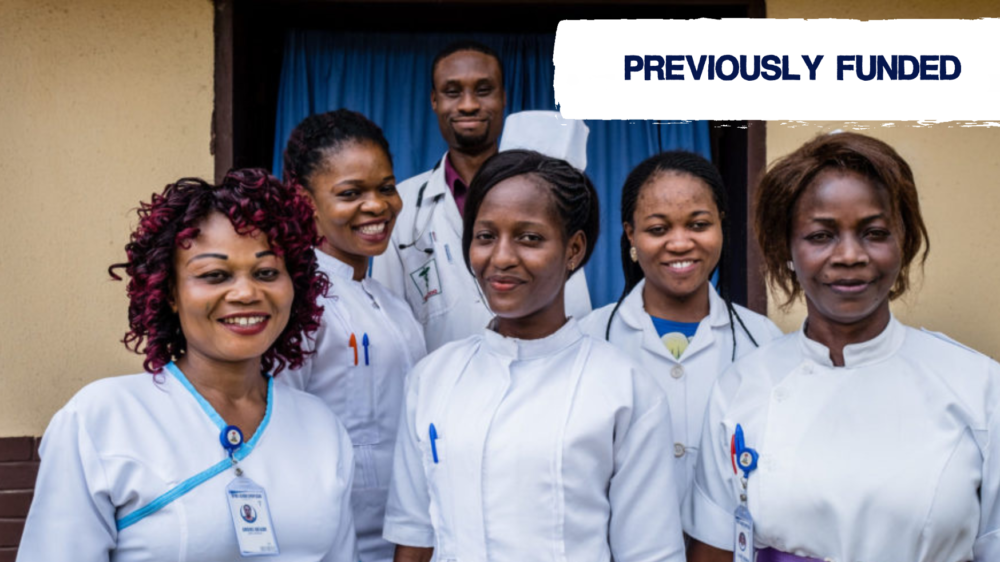
Medical Care for the Poor Population
Thanks to a hospital, relief can be provided in two problem areas in the hard-to-reach southeast of Nigeria. Young women receive high-quality training as nurses and in Obizi, basic medical care can be provided in the surrounding area.
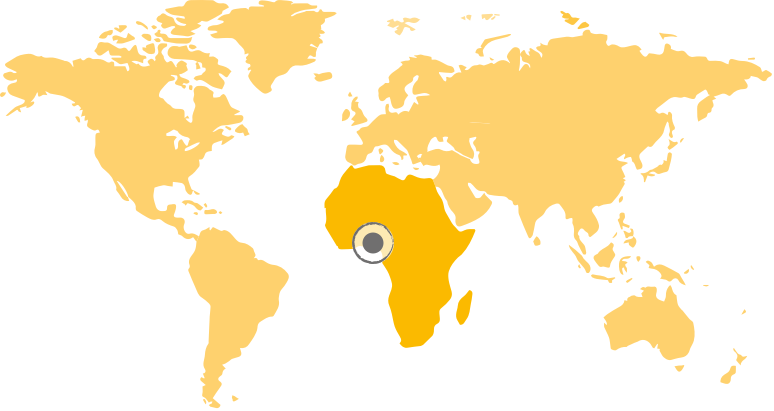
Project Background
The West African state of Nigeria is the most populous on the entire continent. However, the state is marked by far-reaching economic and social problems and is the country with the most people living in extreme poverty worldwide. Between 1967 and 1970, the Biafra war broke out in Nigeria, with the aim of independence of the south-eastern Biafra region from the rest of the country. Since the end of the civil war, the region has been suffering from its consequences. Especially in the rural areas, hardly any investments were made in infrastructure after the war, which is reflected not least in the inadequate medical care on site. In addition, almost nobody has health insurance and therefore cannot afford hospital treatment. For the population in the remote community this has sometimes life-threatening consequences. They remain dependent on the help of so-called native doctors, whose treatment is often a mixture of superstition, natural remedies and necromancy, which often leads to the death of patients in the case of serious illnesses.
Overall, the social situation in the region around Obizi is characterised by extreme poverty. For young people in the region there is hardly any possibility to escape poverty, because jobs outside the informal sector are rare. Women in particular are often structurally disadvantaged in Nigerian society, partly due to patriarchal traditions. They have only limited access to education, are therefore disproportionately affected by unemployment and poverty and are often victims of all kinds of exploitation.
Our Impact
In order to give the local population in and around Obizi access to medical care, the Obizi Hospital was founded. It provides medical care for around 25,000 people in the region. The nearest hospital of comparable quality is located about 40 km away. The most important medical services can be offered at a high medical standard in the hospital. These include a surgical ward, a professional and well-equipped maternity ward, and a laboratory that enables the precise determination of disease patterns. The purchase of an ambulance has made it possible to provide medical care even in remote villages.
In addition, 8 young women are trained as nurses every year. Through the high-quality training, the nurses being trained are optimally prepared for work in other hospitals nationwide and thus contribute to an improvement in medical care nationwide.
THE PROMOTION OF THIS PROJECT IS COMPLETED
However, we still support many other projects in the region.
To the projects

